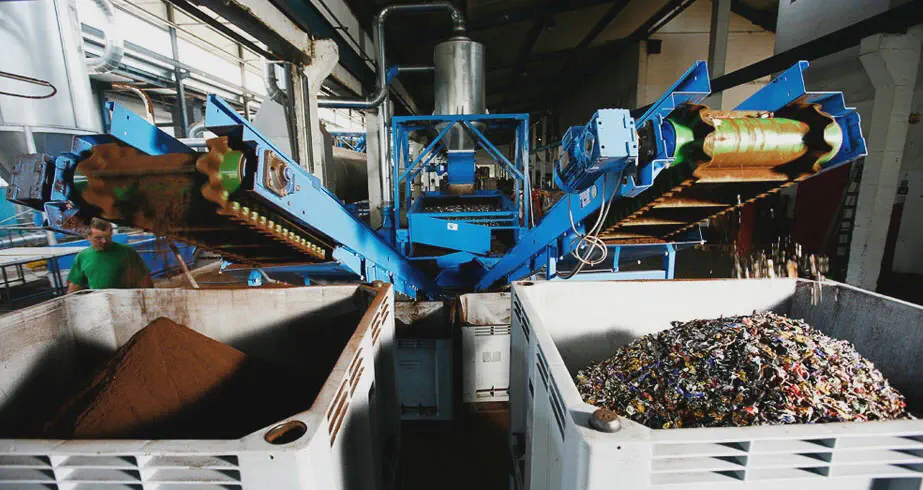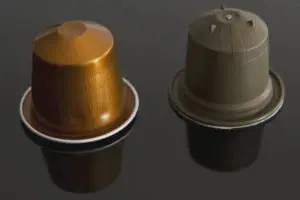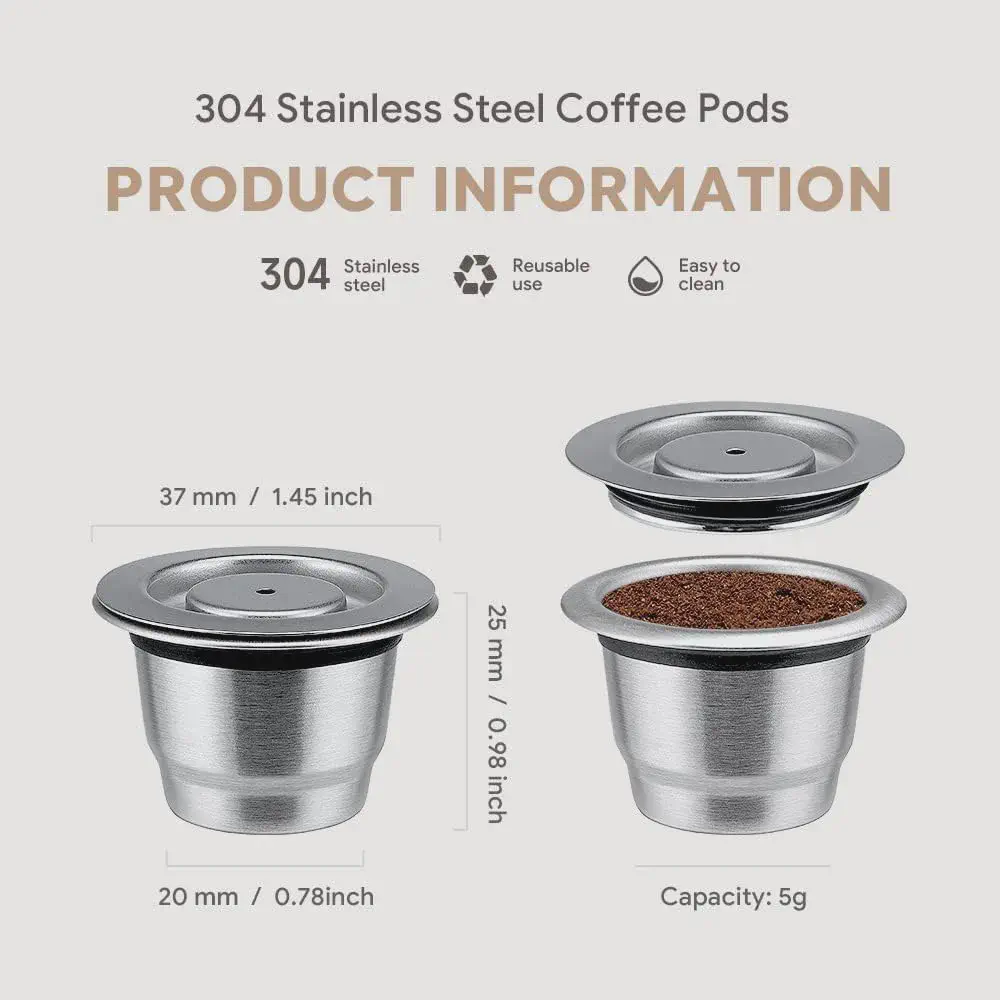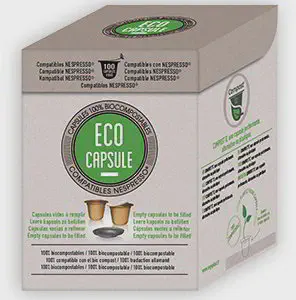The Ecological Aberration of Capsule Machines

Coffee capsules, despite their simplicity and speed, raise serious ecological and economic concerns. This article analyzes their environmental impact, the manufacturers’ promises, and presents sustainable alternatives for enjoying a quality espresso while respecting the planet.
A system criticized from the start
Even before they were marketed, coffee capsules were already perceived as an aberration. They often offer lower quality coffee than an Italian espresso machine, increase the cost per cup, reduce freedom of choice in coffee selection, and above all, generate a significant ecological impact.
Recycling Nespresso capsules
The brand’s image
Nespresso promotes its recycling program on its official website, explaining:
- Place used capsules in a recycling bag provided free of charge.
- Drop off this bag at a collection point or in certain dedicated bins.
- Transport the bags to partner centers.
- Separate the aluminum and coffee for recycling.

The reality
In practice, the recycling rate remains low. Many users don’t follow the procedure, and capsules thrown away on their own are too small to be processed.
According to Les Échos, only 20% of capsules are recycled today, with a target of 50% by 2025.
At 1 min 25 in the official video, you can see that pieces of aluminum remain mixed with the coffee grounds. This raises doubts about the purity of the recycling.
Biodegradable capsules: truly ecological?
Biodegradable Nespresso-compatible capsules appeared in 2010, introduced by the Ethical Coffee Company.
They were presented as a green alternative… but the reality is less appealing.

Problem: they are often packaged in a plastic or aluminum bag to protect the coffee from oxidation. This overpackaging cancels out the ecological advantage.
Moreover, the production of these so-called biodegradable materials remains polluting and their actual degradation can take several years.
Reusable capsules
Among all solutions, reusable capsules are the most ecological and economical. They allow you to choose your coffee, reduce waste, and lower the cost per cup.

However, they eliminate the ultra-convenient aspect of single-use capsules. If your main goal is taste and savings, you might as well invest directly in an espresso machine.
Reusable capsules available on Amazon affiliate linkBiodegradable refillable capsules
Some manufacturers offer biodegradable refillable capsules.
Problem: they are often hard to pierce, can damage the machine, and alter the coffee’s taste.
Result: avoid them.

Conclusion
Capsule machines reflect a consumer trend where convenience takes precedence over quality and ecology.
If you love coffee, invest in an espresso machine:
- Better taste
- Greater choice of coffees
- Lower long-term cost
- Reduced environmental impact
Espresso VS Nespresso: the showdown
With an espresso machine, you get:
- Better coffee
- The choice of whole bean or ground coffee
- Much lower cost per cup
- Reduced environmental impact
Preparation time: about 3 minutes, compared to 30 seconds for a Nespresso… but the taste and the planet benefit greatly.
